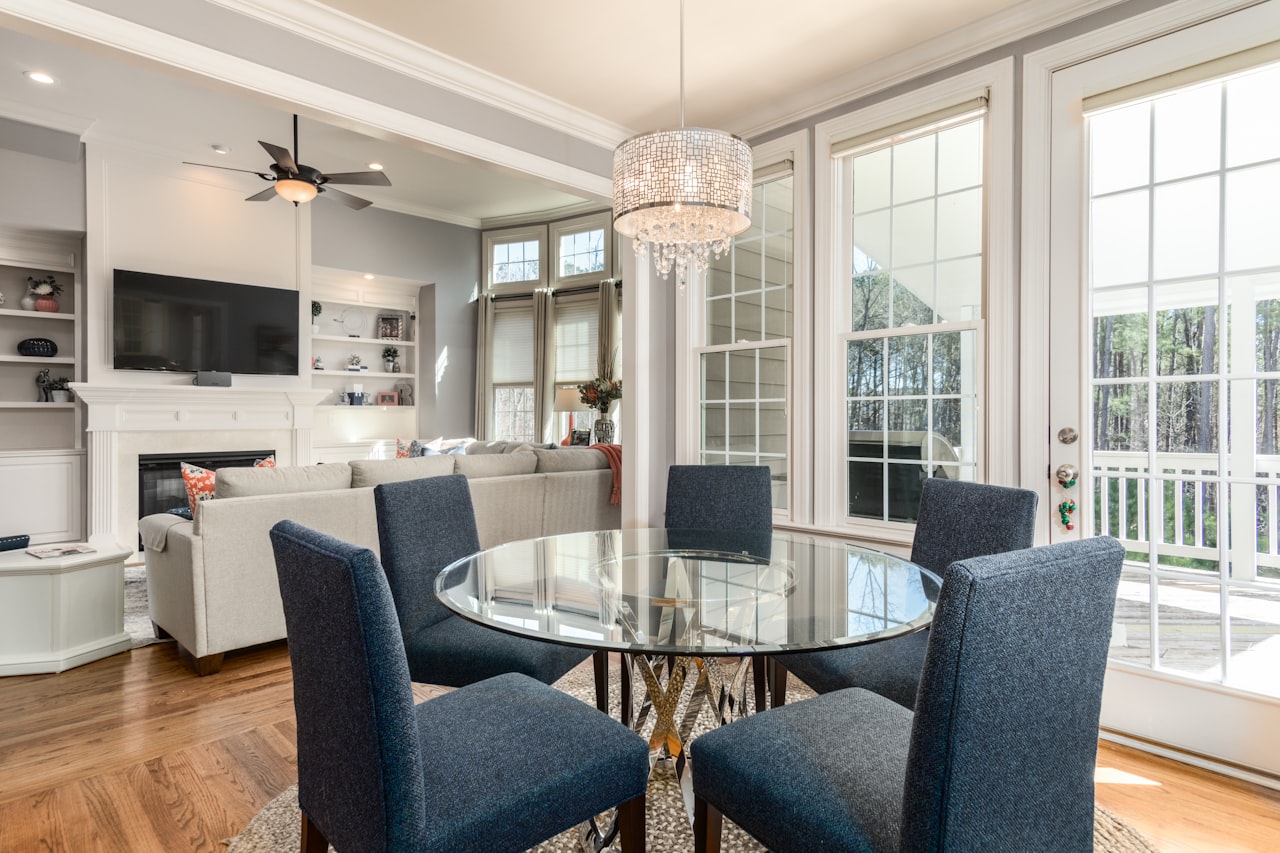Some individuals start homeownership by determining how much house they can afford. You can ask a better question. Instead, ask yourself “What do I want in a home?”
This question will tell you why you want to buy a house. Owning your own home can help you achieve both your short-term and long-term goals. If you have children, it can allow you to access quality schools and parks. If you are aspired to travel the world or retire fully funded, it can help you build wealth.
Once you have set your goals and decided that homeownership is a way to increase your wealth, you can start to look at the costs of buying and maintaining the property. Consider how much money you are willing to spend on a house.
How Big a House Can You Afford?
You need to set a realistic budget in order to be able to afford the home that you desire. Don’t buy too much. It is important to have a good understanding of your monthly debts. A 43% debt to income ratio is required in order to be eligible for most purchases loans. You can calculate your debt-to-income ratio by adding all monthly payments to your gross monthly earnings.
This includes your new mortgage payment, taxes, and insurance. This includes insurance, taxes, homeowner association (HOA), fees, and insurance. You can also include student loans, car payments, or other debts.
This ratio is important because it allows lenders predict how you will handle your monthly mortgage payments. The home affordability calculator can be an excellent tool to help you determine your budget while looking for a home.
This tool will assist you in figuring out the most affordable price range for your income and downpayment savings.
But this isn’t all. To ensure that you have a good financial situation, it is important to consider other expenses like gas, groceries, monthly subscriptions, and so on. If you don’t have a budget for every month, we can help you create one.
Also, ensure you have enough money to cover unexpected costs like a new car purchase or travel expenses. It is a good idea to set aside money each month for maintenance and repairs. This will help you be prepared for a hailstorm or purchase a new mower. Your future budget can help you determine the number of mortgage payments you are able and able to afford.
Remember that closing on a house can result in one-time fees. These costs will require cash. These fees cover your appraisal, inspection, title insurance, lender fees as well as any state and county fees.
There’s an additional bonus: homeownership may offer tax deductions you weren’t eligible for before. Ask a tax professional how these savings can impact your budget. The big picture shows that homeowners are in a great position to buy a home because of historically low-interest rates. There is also the opportunity to build wealth by homeownership. This should be adjusted to suit your specific situation.
After you’ve completed these steps, you can meet with a loan officer to narrow down your price range and start shopping.
To Validate the Value of Your Home, You Will Need to Get Pre-approval for a Mortgage.
You should get pre-approved for mortgage financing before you buy a house. This will ensure that you are able to determine the true cost of closing.Sellers and buyers have the confidence that you can afford a home. This allows you to be more competitive when submitting offers. A breakdown of the price is available so you can calculate your monthly payments, as well as any additional costs such as taxes or homeowner’s insurance.
Buyers receive a re-approval that is based upon thorough financial analysis. Your application will be reviewed by a real underwriter. Financial documentation will be required. After all that has been verified, you will receive a commitment letter. With your pre-approval and understanding of your reasons for purchasing a home, you can feel confident about buying one.



































































































